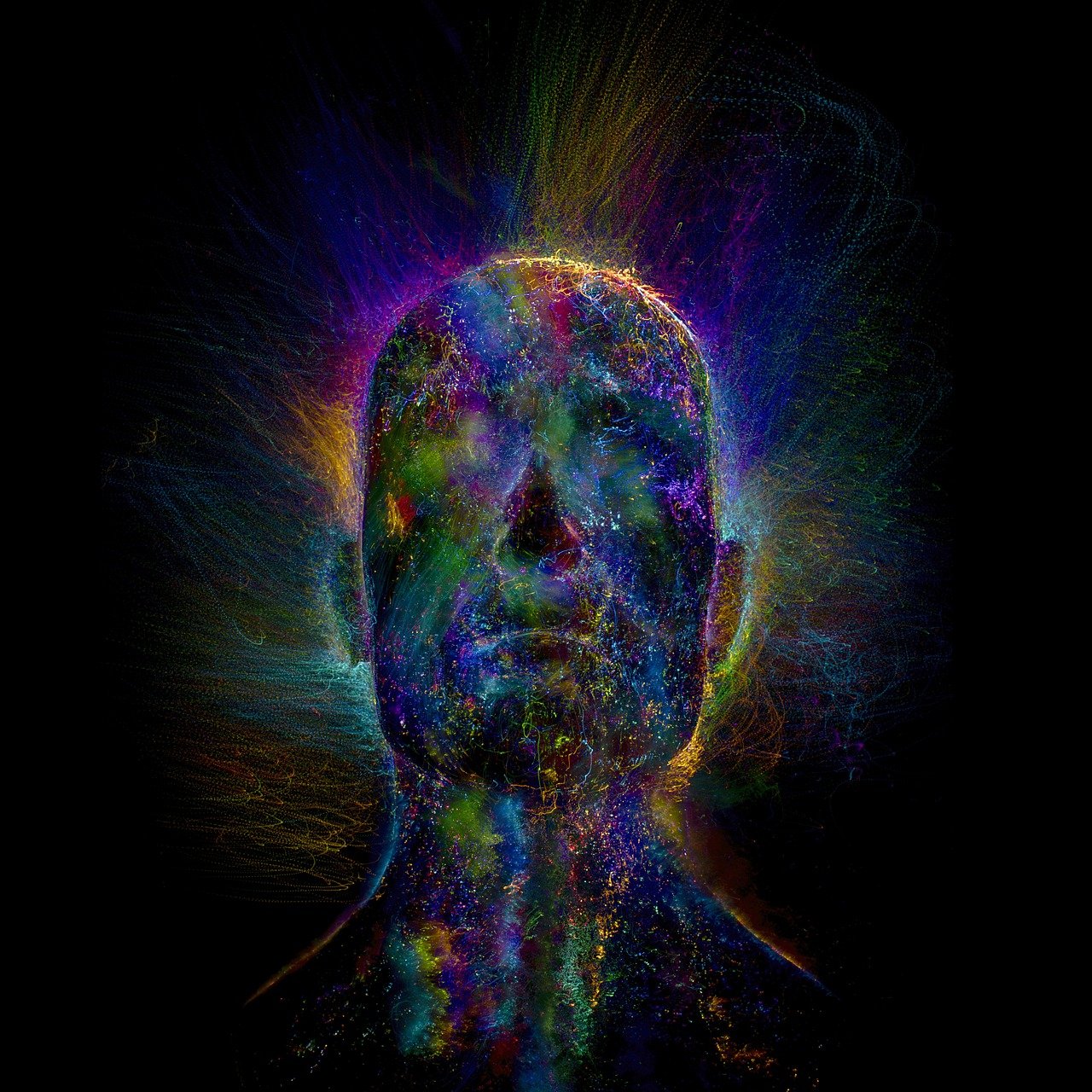The Impact of AI in Personalized Marketing for Entertainment Products
Personalized marketing has become increasingly essential in the digital age as businesses strive to connect with their target audiences on a more individual level. By leveraging AI technology, companies can now gather and analyze vast amounts of data to create customized experiences for their customers. From tailored product recommendations to personalized email campaigns, AI enables businesses to deliver relevant content to consumers at the right place and time. This results in a more engaging and satisfying experience for customers, ultimately leading to increased brand loyalty and higher conversion rates.
Furthermore, AI in personalized marketing allows businesses to automate and streamline their marketing efforts, saving time and resources while also improving overall efficiency. Through machine learning algorithms, AI can predict consumer behavior, identify trends, and optimize marketing strategies in real-time. This level of automation not only enhances the customer experience but also empowers businesses to make data-driven decisions that are more in tune with their audience’s preferences and behaviors. Ultimately, AI in personalized marketing offers a competitive advantage for businesses looking to stay ahead in the ever-evolving digital landscape.
Benefits of AI in Personalized Marketing
One major benefit of utilizing artificial intelligence (AI) in personalized marketing is the ability to analyze vast amounts of customer data efficiently and accurately. AI algorithms can quickly pinpoint patterns and trends in consumer behavior, enabling businesses to tailor their marketing strategies to individual preferences and habits. This level of data analysis provides valuable insights that can lead to more targeted and effective marketing campaigns.
Another advantage of AI in personalized marketing is the automation of personalized recommendations and messaging. By leveraging AI technology, businesses can automatically deliver customized content to each customer based on their past interactions and preferences. This personalized approach creates a more engaging and relevant experience for customers, ultimately leading to increased customer satisfaction and loyalty.
AI can analyze vast amounts of customer data efficiently and accurately
AI algorithms can pinpoint patterns and trends in consumer behavior
Businesses can tailor marketing strategies to individual preferences and habits
Data analysis provides valuable insights for more targeted campaigns
Automation of personalized recommendations and messaging is possible with AI
Customized content can be delivered based on past interactions and preferences
Personalized approach leads to increased customer satisfaction and loyalty
More engaging and relevant experience for customers
Challenges of Implementing AI in Personalized Marketing
Implementing AI in personalized marketing comes with its fair share of challenges. One primary hurdle is the initial integration of AI technology into existing marketing systems. This process can be time-consuming and costly, requiring reconfiguration of databases and workflows to ensure smooth functioning.
Additionally, the complexity of AI algorithms poses a challenge for marketers who may not have a deep understanding of the technology. This lack of technical expertise can lead to difficulties in interpreting and utilizing the insights provided by AI tools effectively. As a result, proper training and upskilling of marketing teams become crucial to overcome this obstacle and fully harness the capabilities of AI in personalized marketing strategies.
What is AI in Personalized Marketing?
AI in Personalized Marketing refers to the use of artificial intelligence technology to create tailored marketing strategies and campaigns for individual customers based on their preferences, behaviors, and demographics.
What are some benefits of using AI in Personalized Marketing?
Some benefits of using AI in Personalized Marketing include improved customer engagement, increased conversion rates, enhanced customer satisfaction, and more efficient marketing campaigns.
What are some challenges of implementing AI in Personalized Marketing?
Some challenges of implementing AI in Personalized Marketing include data privacy concerns, lack of quality data, integration issues with existing systems, and the need for skilled professionals to manage and optimize the AI algorithms.
How can businesses overcome the challenges of implementing AI in Personalized Marketing?
Businesses can overcome the challenges of implementing AI in Personalized Marketing by ensuring compliance with data privacy regulations, investing in data quality and integration solutions, and providing training for employees to effectively utilize AI technology.
Are there any risks associated with using AI in Personalized Marketing?
Yes, some risks associated with using AI in Personalized Marketing include potential bias in algorithms, over-reliance on automation, and the risk of alienating customers if they feel their data is being used inappropriately. It is important for businesses to address these risks proactively.







